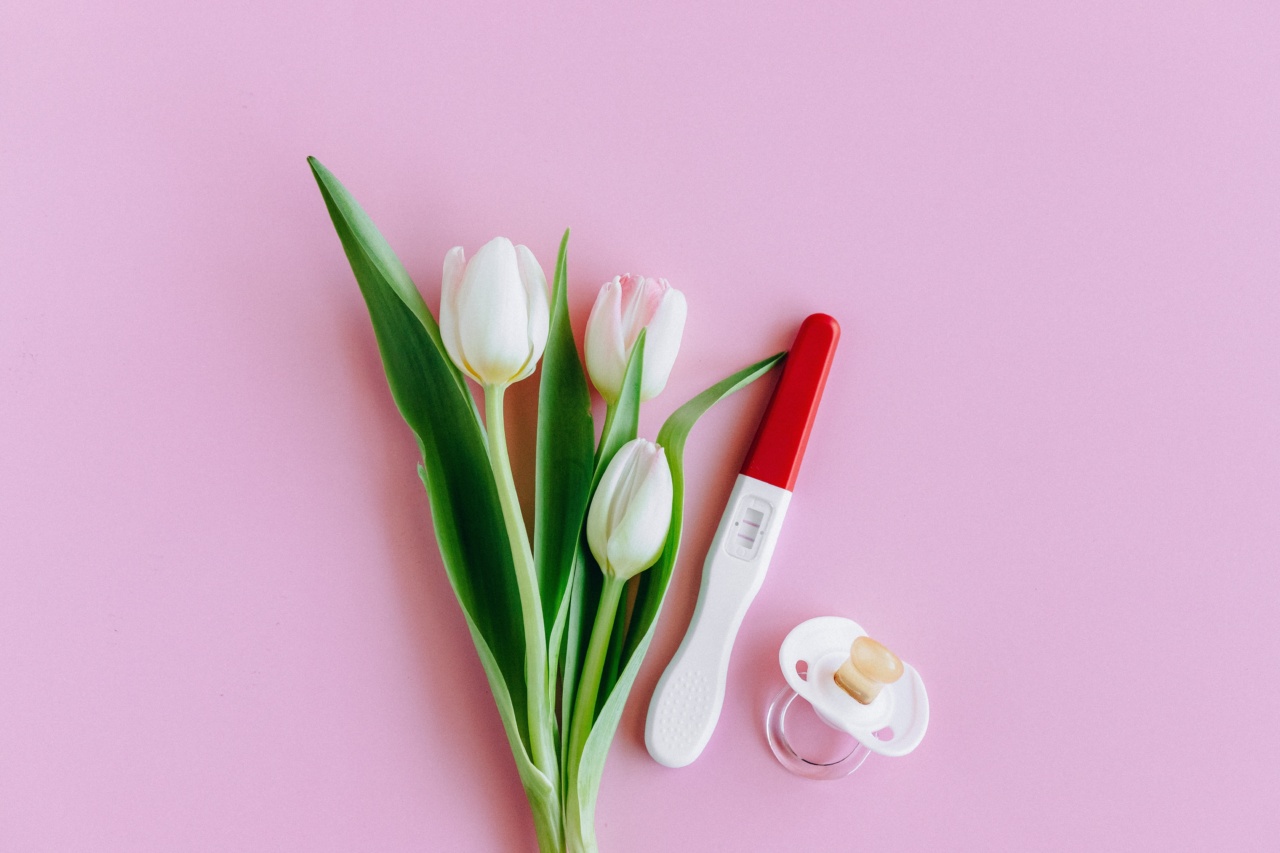Fertility is the ability to conceive and bear children. It varies from one person to another, and factors like age can affect it. Many studies have shown that fertility tends to decline as women get older.
However, not many people understand the extent to which age impairs fertility, how it affects pregnancy, and the available options for couples struggling to get pregnant in old age. This article will explore the impact of age on fertility in pregnancy and suggest ways to cope with fertility challenges.
Fertility and Age
Fertility refers to the natural ability of an individual to conceive and bear children. It varies from one person to another and can be impacted by several factors such as age, genetics, and lifestyle.
As women age, fertility tends to decline, and it can become difficult to get pregnant. This is because the number and quality of eggs reduce as women get older. Also, the chances of miscarriage and birth defects increase with age.
The Impact of Age on Ovulation
Ovulation refers to the release of eggs from a woman’s ovaries. It is a crucial aspect of fertility, and age can impact it. As women age, the number of eggs available for ovulation decreases.
Women are born with a finite number of eggs, and this number decreases as they age. A woman at age 30 may have about 100,000 eggs available for ovulation, but by the time she reaches menopause at about age 50, the number of eggs available would have dwindled to zero.
This decline in the number of eggs available can lead to irregular ovulation or decreased ovulation, thereby making it more difficult to get pregnant.
The Impact of Age on Egg Quality
Age also impacts the quality of the eggs available for ovulation. As women age, the quality of their eggs declines, which can make it difficult to get pregnant and increase the risk of complications during pregnancy.
Studies have shown that older eggs may be more prone to chromosomal abnormalities, genetic mutations, and other defects, leading to an increased risk of birth defects, Down syndrome, miscarriage, and other complications.
The Impact of Age on Male Fertility
Women are not the only ones impacted by age. Men can also experience a decline in fertility as they age. Although men produce sperm throughout their lives, the quality and quantity of the sperm decrease as they age.
Older men may have a lower sperm count, decreased sperm motility, and abnormal sperm morphology. These factors can hinder the chances of conception and increase the risk of miscarriage and genetic mutations.
Fertility in Old Age
Many people delay childbearing, often due to career, educational, or financial goals. However, the age at which a woman decides to get pregnant can have a significant impact on fertility and pregnancy.
Women in their late 30s and 40s may have more difficulty getting pregnant than younger women. They may require fertility treatments, such as in-vitro fertilization (IVF), which can be costly and emotionally draining.
Additionally, older women are more likely to experience complications during pregnancy, such as gestational diabetes, high blood pressure, and pre-eclampsia.
Coping with Fertility Challenges
For couples struggling with fertility challenges, there are several options available to increase their chances of getting pregnant. These include IVF, intrauterine insemination (IUI), and other assisted reproductive technologies.
However, these treatments can be costly, and success rates decrease with age.
There are also lifestyle changes that can improve fertility, such as maintaining a healthy weight, quitting smoking, reducing alcohol intake, and managing stress. These changes can enhance fertility and increase the chances of getting pregnant.
Conclusion
Fertility is the ability to conceive and bear children, and age is a significant factor that affects it.
As women age, the number and quality of eggs available for ovulation decrease, making it more challenging to get pregnant and increasing the risk of miscarriage and other complications. Men also experience a decline in fertility as they age. Couples struggling with fertility challenges can consider assisted reproductive technologies, lifestyle changes, and other options to enhance their chances of getting pregnant.




























